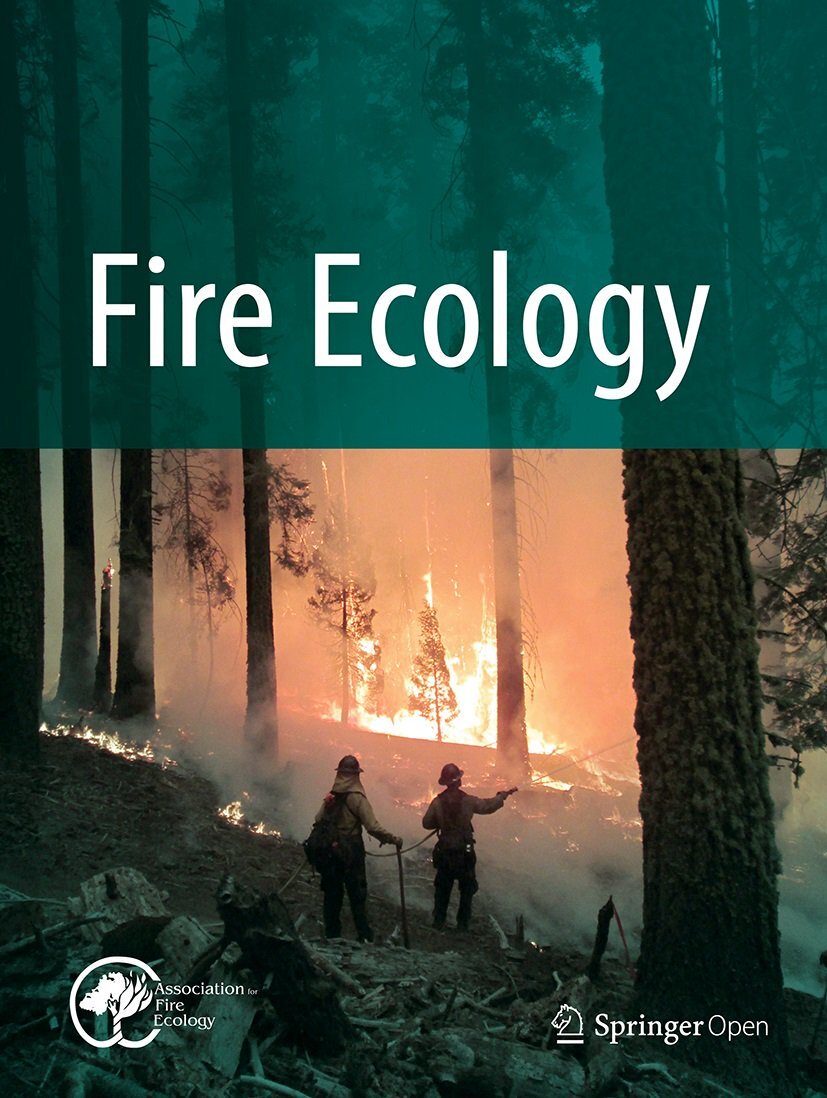Job Type: Full-time, remote
Location: Remote
Salary: $118,065-$177,140/yr
Application Due Date: 6/14/25
Position Overview:
The Nature Conservancy (TNC) seeks a strategic, experienced, and principled Director of Global Indigenous Policy & Partnerships to lead the organization’s policy engagement in support of Indigenous Peoples, local and traditional communities. This role will elevate Indigenous-led priorities across global and national policy forums, build and nurture key partnerships, and ensure TNC’s internal alignment to center Indigenous rights, self-determination, and local leadership in conservation.
This leader will collaborate across TNC teams and geographies to embed Indigenous perspectives in global policy platforms such as the United Nations Convention on Biological Diversity (CBD), the United Nations Framework Convention on Climate Change (UNFCCC), and other relevant global and regional forums. The Director will also play a critical role in shaping internal systems, communications, and accountability structures to ensure coherence and impact across The Nature Conservancy. This position is open to all locations where TNC currently has a presence. This is a fixed-term position for two years with the intent to extend as funding becomes available.
Responsibilities:
1. Global Policy Strategy & Engagement
Lead TNC’s Indigenous partnership agenda in global policy spaces, with a focus on the UNFCCC and CBD, and relevant Indigenous and community caucuses, collaborating with the existing efforts and guidance of in-country colleagues, and ensuring strong, informed, and coordinated presence.
Guide the development of TNC’s global policy positions on Indigenous Peoples’ and local communities’ priority issues in these spaces, including land tenure, resource governance, equitable finance mechanisms and emerging issues.
Create policy briefs that reflect lived realities, in collaboration with TNC country program staff, Indigenous and community partners, and global and regional colleagues working on policy issues and Indigenous- and community-led conservation.
Support TNC country and regional teams in interpreting and implementing international agreements through Indigenous-informed national policies, suggestions and action plans.
2. Partnership Development & Representation
Cultivate strategic partnerships with Indigenous-led organizations, policy entities and networks.
Be present at key Indigenous- and community-led meetings and fora (e.g., United Nations Permanent Forum on Indigenous Issues), to understand priority issues that Indigenous and community movements at the regional and international level are advancing and advocating.
Lead coordination of Indigenous and community representatives’ participation in key global convenings, ensuring values-led representation.
Serve as a consistent TNC representative and advocate for Indigenous and community engagement across global events, fostering long-term allyship and continuity.
3. Internal Alignment & Organizational Readiness
Collaborate with TNC policy and strategy teams to center Indigenous and community voices and priorities in TNC’s international policy agenda, including through the development of organizational guidance and tools.
Define success metrics for Indigenous and community policy engagement and track progress toward a short-, medium- and long-term visions of impact.
Collaborate with TNC’s Indigenous Advisory Council to advise internal teams and senior leaders on policy opportunities, risks and strategic positions and messaging related to Indigenous rights and conservation.
Work with TNC’s Strategic Communications team to ensure dialogue between Indigenous and community policy priorities and institutional priorities and resourcing strategies.
Leverage and adapt proven external models to advance Indigenous and community rights within conservation frameworks, avoiding duplicative or extractive approaches.
Champion equity, transparency, and co-leadership in all aspects of the role.
Qualifications:
Bachelor’s degree in Indigenous rights, political science, law, international relations, Indigenous governance, or related field and at least 10 years of relevant experience, or equivalent combination.
Proficiency leading high-level policy engagement in Indigenous rights, land governance, and/or global conservation frameworks.
Proficiency in international agreements (particularly CBD, UNFCCC) and their intersection with Indigenous advocacy.
Experience managing complex partnerships and working collaboratively with Indigenous and/or community organizations.
Cross-cultural experience, including lived and/or professional experience working with Indigenous Peoples local, and traditional communities.
Experience influencing senior leadership and shaping institutional strategies.
Experience working in a multicultural and multidisciplinary context.
Experience working within or alongside a highly matrixed and decentralized organization, or large multilateral institution.
Interpersonal skills experience and politically savvy.
Experience working in a fast-paced environment, meet time sensitive deadlines, manage a budget, and other team members if necessary.
Willingness to travel globally up to 30%
Preferred Qualifications:
Advanced degree in relevant discipline (e.g., Indigenous rights, law, public policy, environmental justice).
Multilingual capacity, especially in English, Spanish, Portuguese, French, or Indigenous languages.
Familiarity with philanthropic and public funding systems that impact Indigenous Peoples’ access to resources.
Experience in supporting Indigenous- and or community-led conservation
See the “Apply” or “Learn More” links below for more information.

